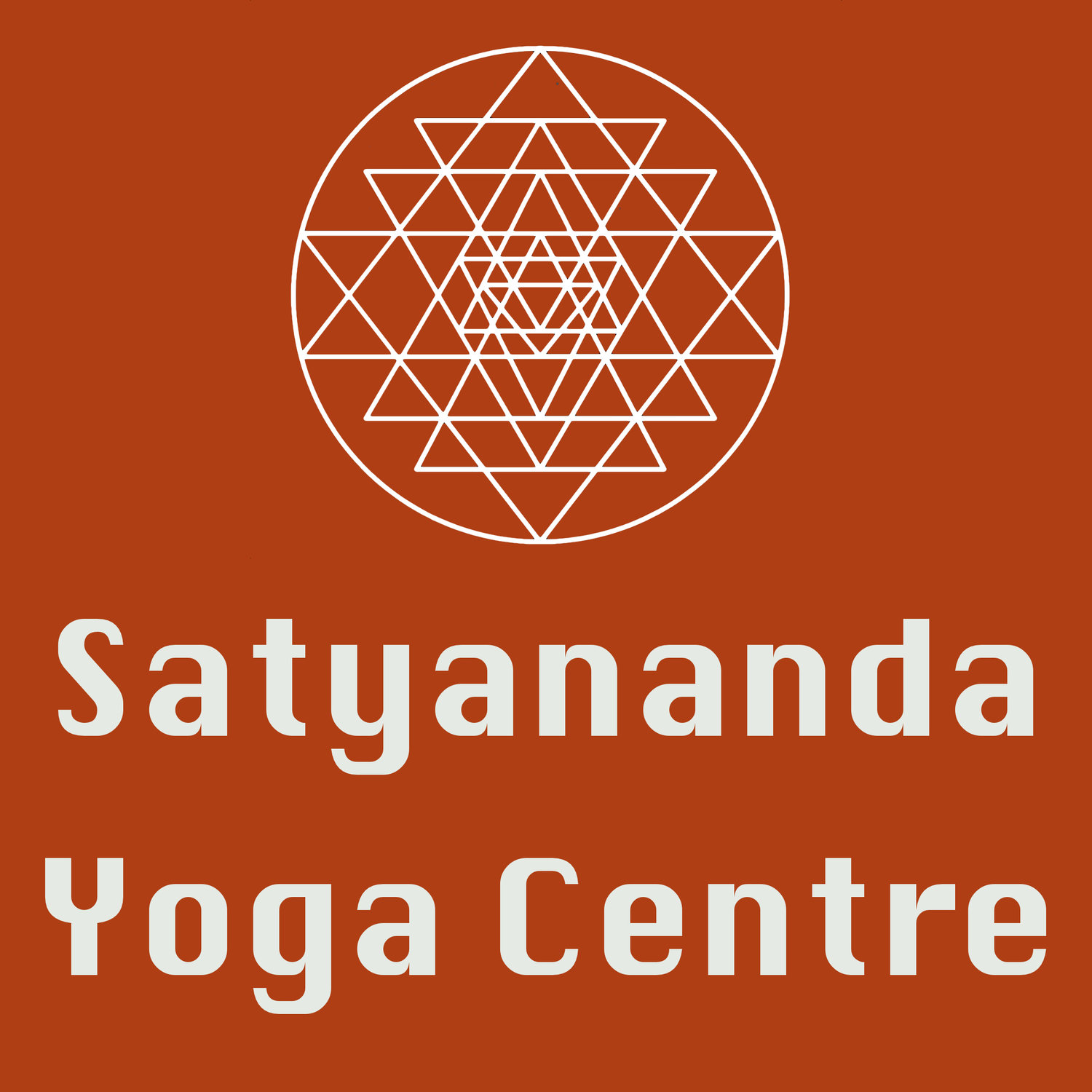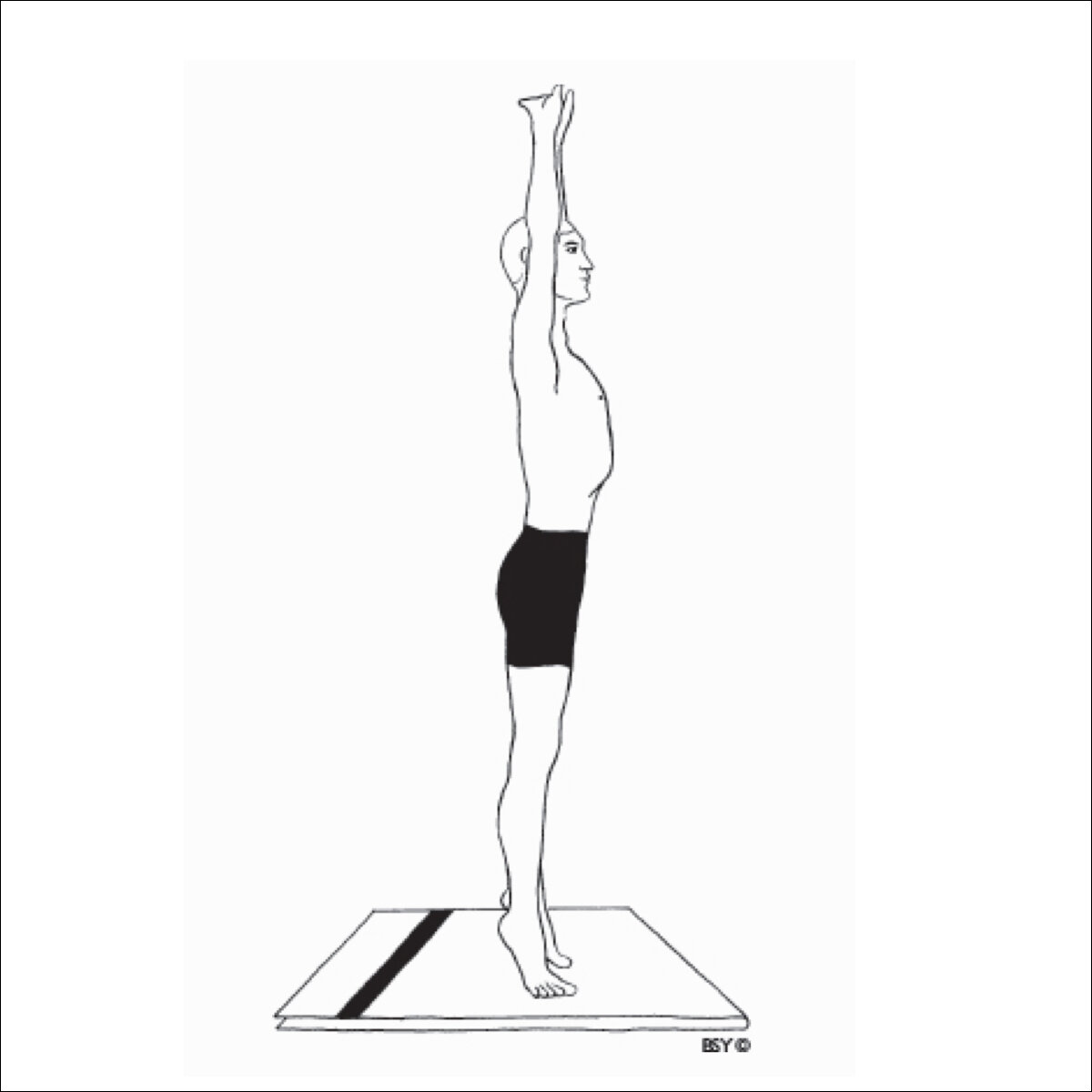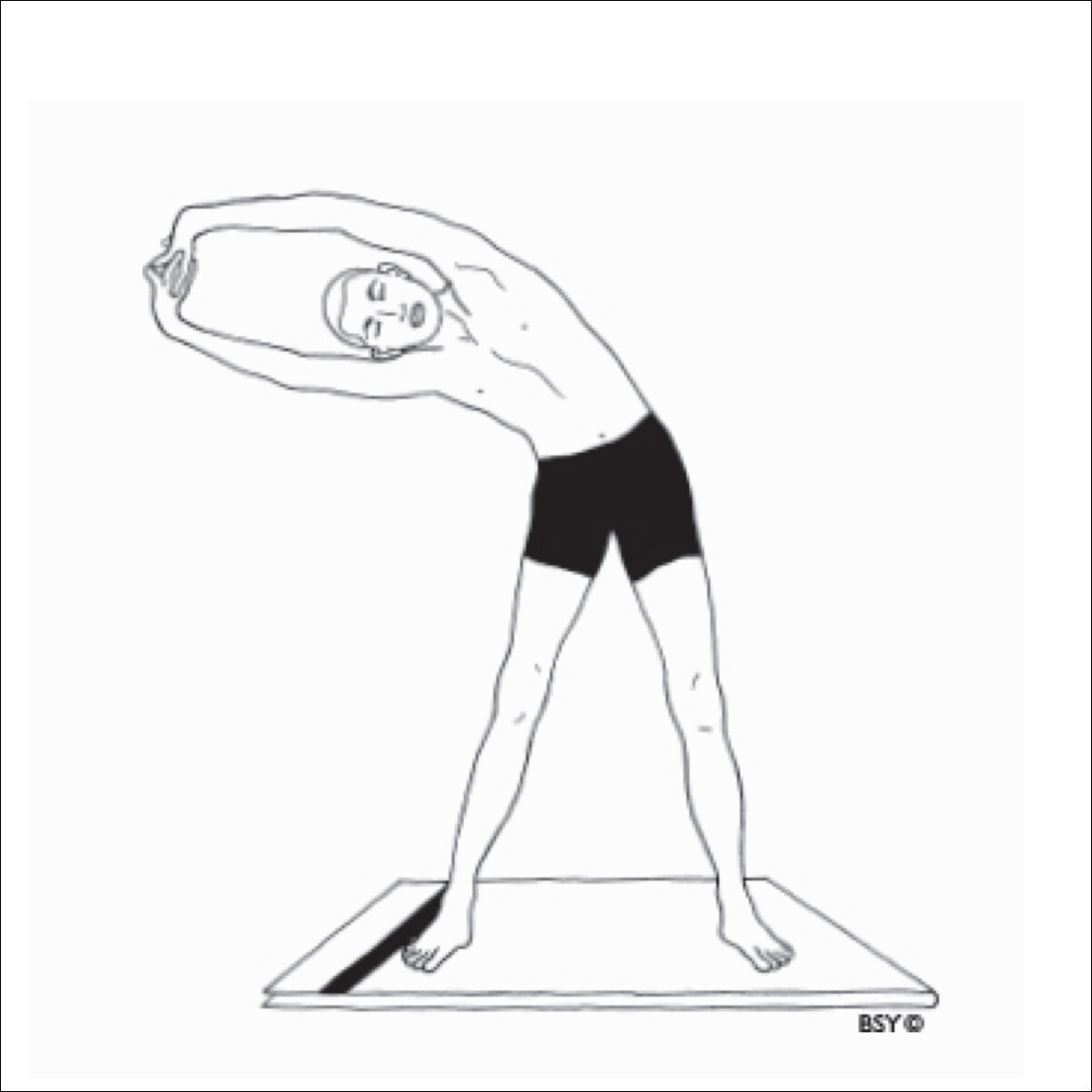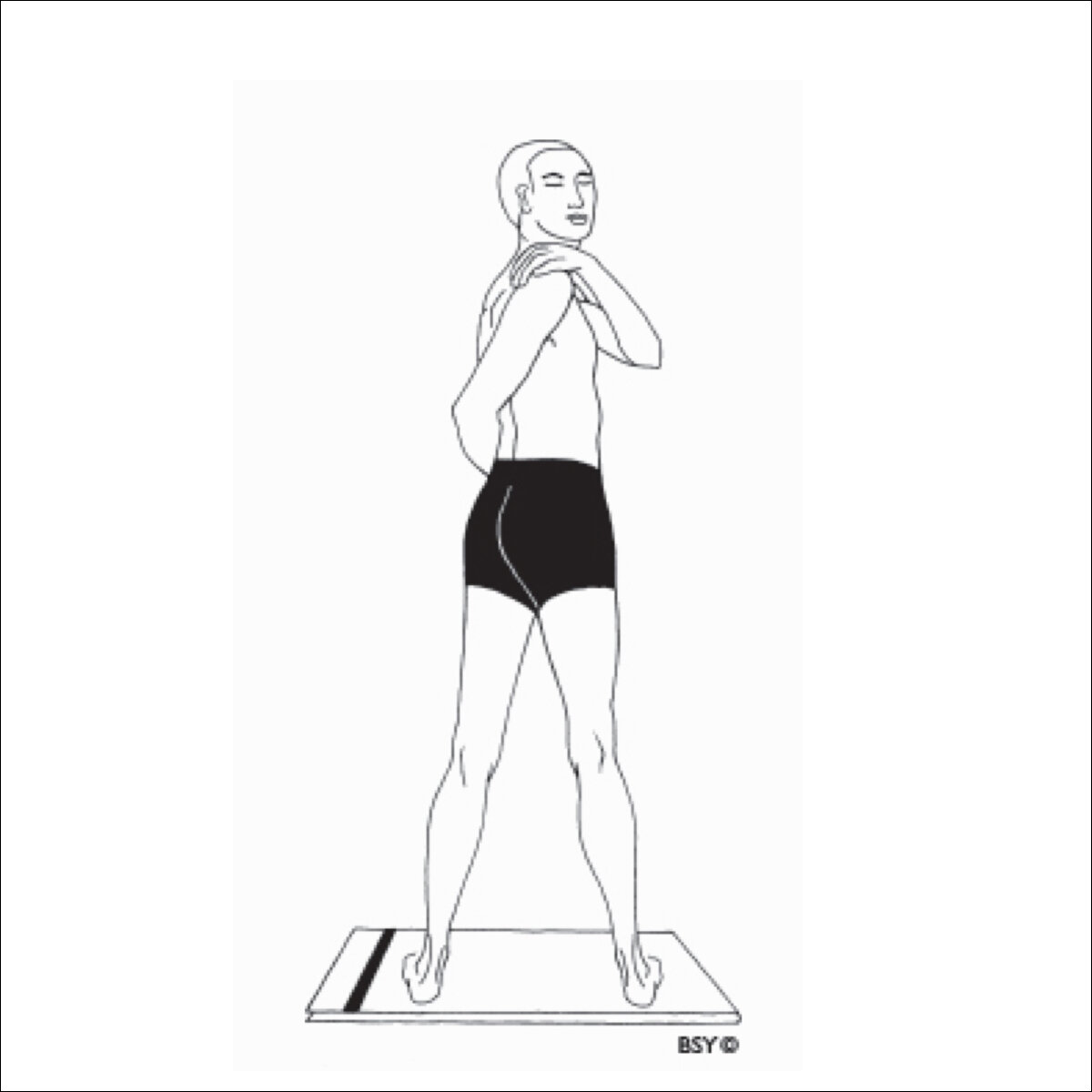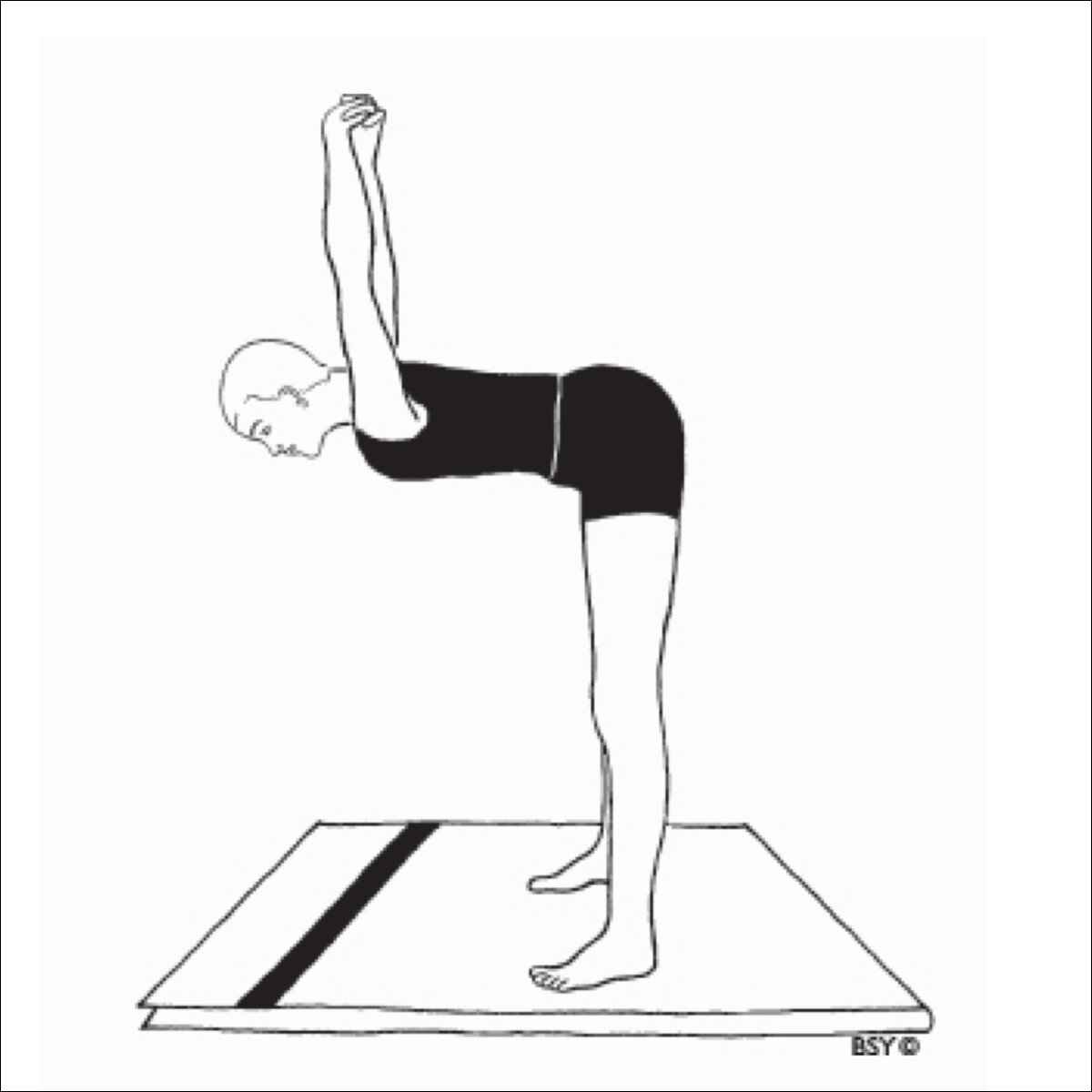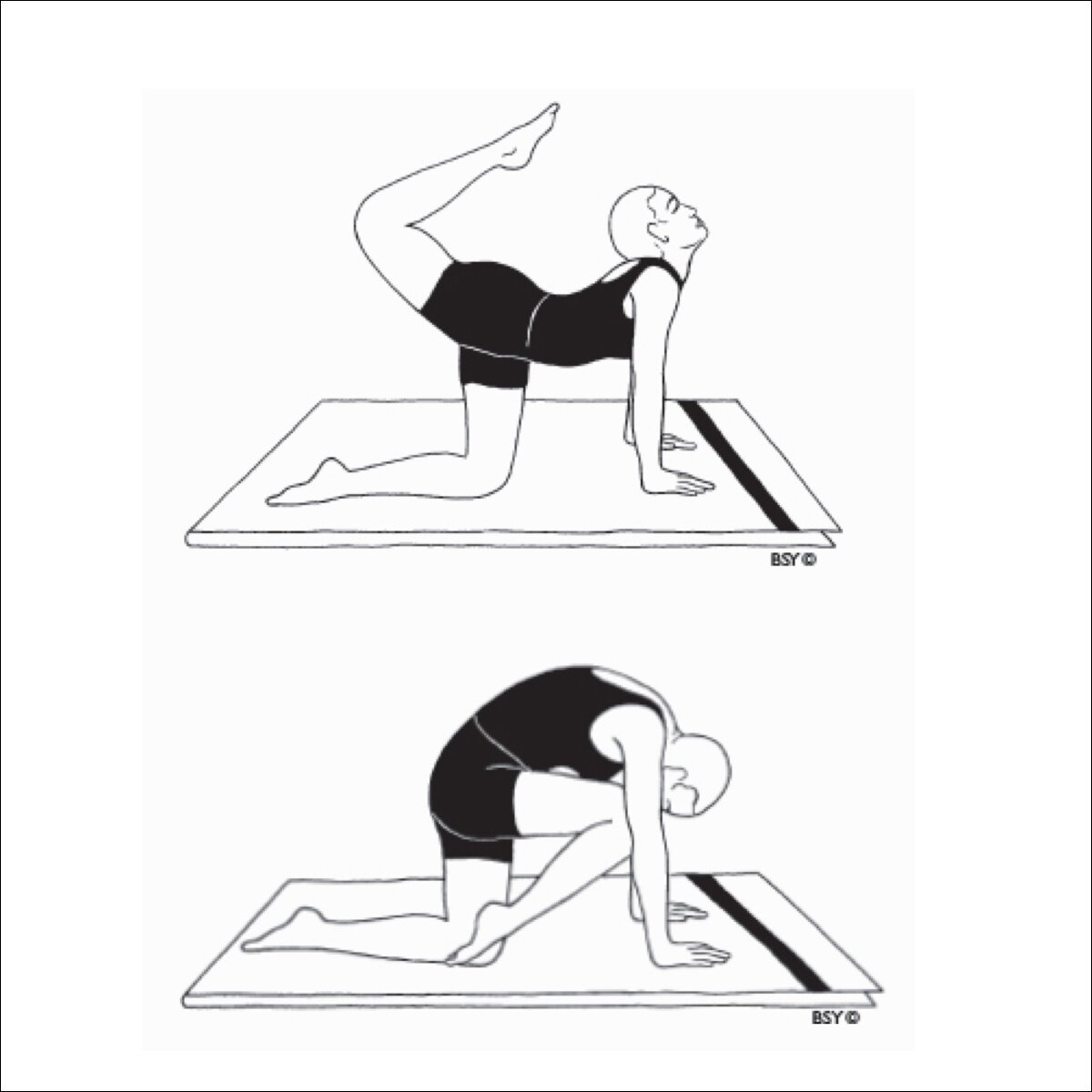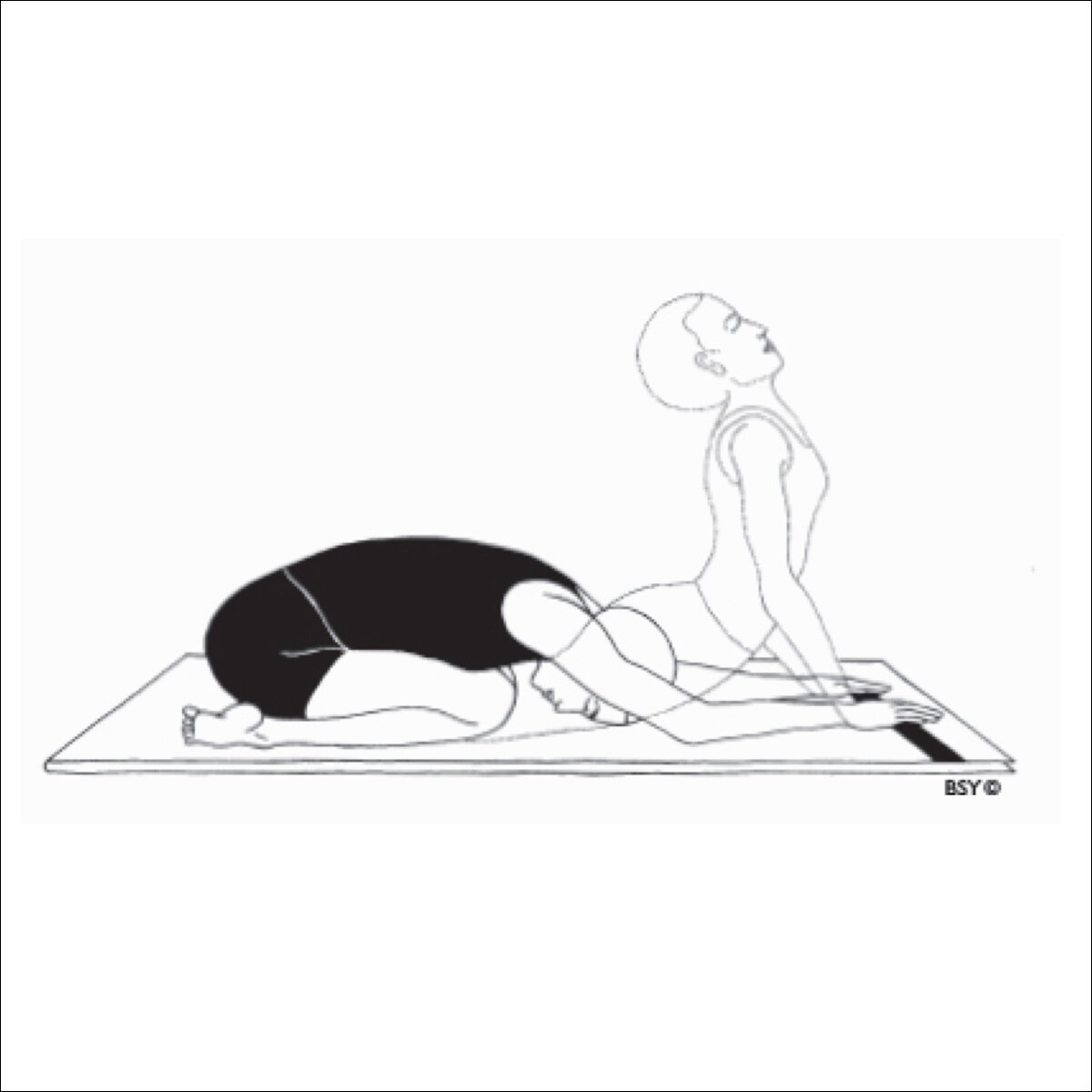Asana
The videos below are only for your reference. You need to listen to your own body, and adjust the speed and depth of the practice accordingly.
The practices are to be done in the order given below.
If you only do practices in bold, the sequence should take approximately 25 minutes. The whole sequence takes approximately 45 minutes.
All practices in sequence: click here to access playlist
Pada sanchalana (cycling)
Single-leg version: click here
Double-leg version (alternating): click here
Double-leg version (together): click here
Practise 5-10 rounds (any variation you can manage)
Breathe deeply, especially in the abdomen.
In the single-leg variations, inhale as the leg goes up, exhale on the way down.
In double-leg variations, breathe deeply, without holding the breath at any point.
Supta Udarakarshanasana (sleeping abdominal stretch)
Practise 10-15 rounds, trying different foot positions
Breathe out when twisting, breathe in when coming back into starting position.
Goolpha Chakra (ankle rotations)
Try to keep knees steady.
When movement has been developed, coordinate with breath: inhale when feet go up, exhale where away from the body.
Practise 10 rounds in each direction
Janu Naman (knee bending)
Single leg variation: click here
Double leg variation: click here
Inhale when leg straightens, exhale and relax it when the knee comes in.
Squeeze the knee when straightening the leg, but not too hard.
Practise 7-10 rounds (each leg / each variation)
Ardha Titali Asana (half butterfly)
Practise 7-10 rounds slowly, then 50 rounds bouncing, on both sides
Try to keep your lower back upright, and leg completely relaxed.
Breathe in when knee is raised up, exhale when lowering it down.
Poorna Titali Asana (full butterfly)
Practise 50 rounds dynamically.
Breath is normal, heels as close to the body as you can bring them comfortably.
Skandha Chakra (shoulder rotations)
Practise 7-10 rounds.
Breathe deeply as the elbows move upwards, breathe out on the way down.
Tadasana (palm tree pose)
Practise 10 rounds.
Breathe deeply in on the way up, breathe out on the way down.
Do each movement slowly and with control, developing balance gradually.
Fix your gaze on a point ahead of you to help you maintain balance.
Coordinate the movement of the heels and hands; synchronise both with the movement of the breath.
Tiryaka Tadasana (swaying palm tree pose)
Practise 10 rounds to each side.
Breathe in when coming into the starting position. Exhale when bending to each side.
First practise with the eyes open to make sure you’re not twisting.
Then, close your eyes and feel the movement from within.
Squeeze the abdominal muscles when bending to the side, to protect the lower back and to allow deeper sideways movement.
Kati Chakrasana (waist rotating pose)
Practise 10 rounds to each side.
Breathe in when coming into the starting position. Exhale when twisting to each side.
First practise with the eyes open to make sure your waist and hips stay facing forward.
Then, close your eyes and feel the movement from within.
Lead the movement with your chin and keep the head upright.
Turn the head fully, to give the whole spine an even movement, from the base to the top.
Meru Prishthasana (spine-and-back pose)
Variation 1: Click here
Variation 2: Click here
Practise up to 10 rounds to each side. Inhale in the middle, exhale to each side.
Notes to Variation 2:
Breathe in when coming into the starting position. Exhale when twisting & bending to each side.
Lead the movement with your chest, not with the head, always bending from the hips.
Feel the main part of the movement happening in the hamstrings, not the lower back.
Don’t push too hard to get the body into a horizontal position, flexibility will come with practice.
Dvikonasana (two-angle pose)
Practise up to 5 rounds.
Breathe in in the starting position. Exhale as you bend forward.
Inhale when raising the arms up. Hold the breath in for up to 5 seconds.
Exhale when lowering the arms. Inhale when coming back up into the starting position
Always bend from the hips. Feel the movement mainly in the hamstrings.
Only bend forward until you feel forearms lifting off the back, then stop.
Do not push your arms into a movement that is not appropriate for you. Flexibility in the shoulders will come with practice.
Utthanasana (squat-and-rise pose)
Practise up to 10 rounds. Only do the first part - the discovery of your range of movement - once.
Then practise the remaining rounds with the deepest comfortably achievable version.
Keep the back as straight as you can.
IMPORTANT: Make sure your knees go in the direction of the feet. Do not try to come closer to the floor by bringing the knees too far over the toes - the effort should be all in the thighs, buttocks, and abdominals.
The necessary strength in these muscles, as well as flexibility in the hips, will develop with practice.
Vyaghrasana (tiger pose)
Practise 7-10 rounds
Breathe in when depressing the spine and raising the foot, breathe out when knee goes to the forehead and back is arched. Try not to move the body side to side when moving the leg.
Shashank-bhujangasana (striking cobra)
Practise 7-10 rounds.
Breathe in when coming into cobra pose. Breathe out when going back into child’s pose.
Always make sure to bring the whole front of the body and the hips onto the floor before lifting into cobra, even if that means you need to slide your hands forward and back from the starting position.
If this practice is too challenging, substitute with Vyaghrasana (tiger pose) above.
Shavasana (corpse pose)
Practise for at least 5 minutes after your asana programme.
